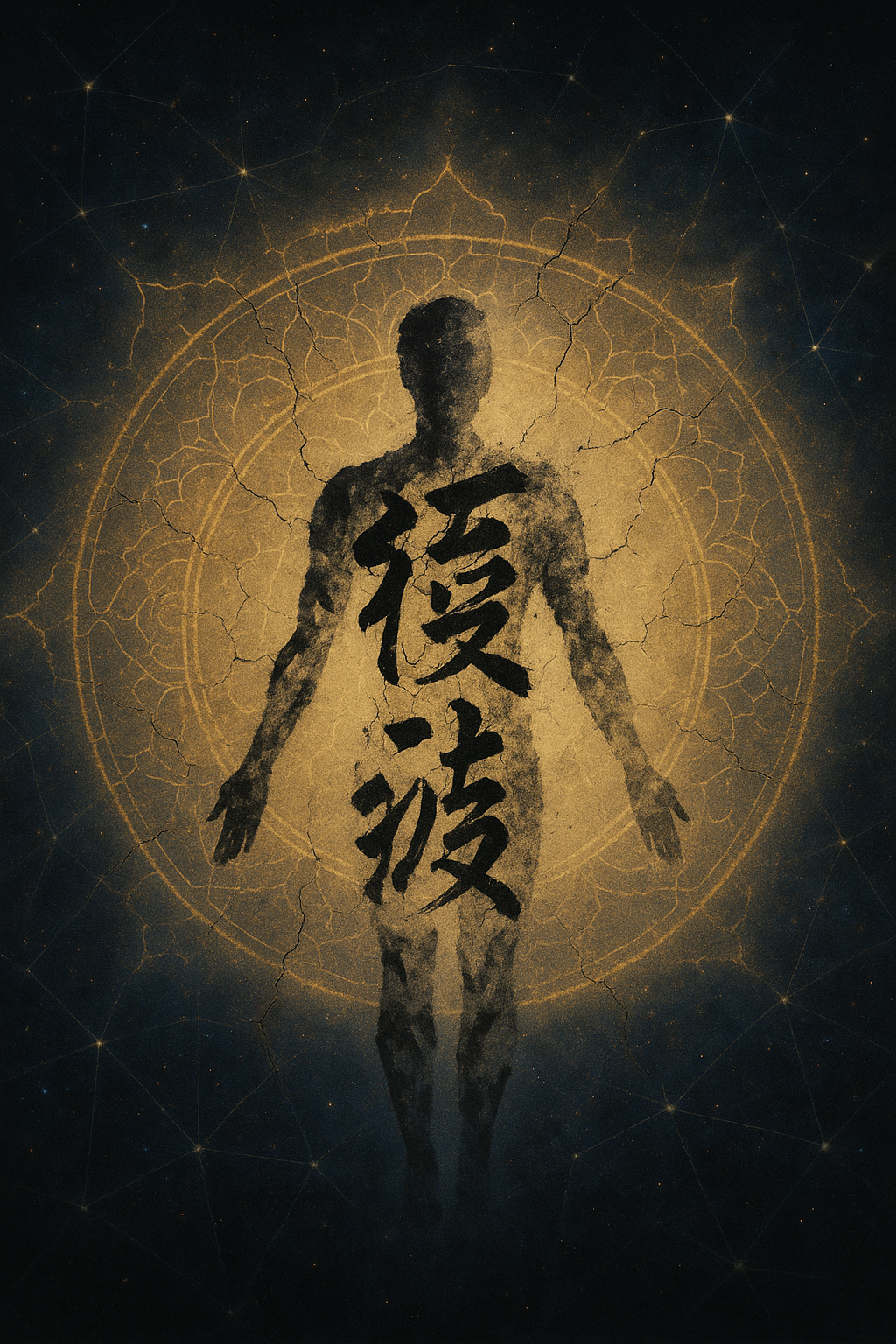The Middle View of Reality
This post explores the Middle Way view of reality in Mahayana Buddhism—how all things arise through causes and conditions, yet have no inherent self. By examining the illusion of “I,” we confront emptiness, dependent origination, and the insight that mind shapes the world we perceive.

This verse is from the The Mūlamadhyamakakārikā by Nāgārjuna.
Sometimes called the fundamental verses of the middle or Middle Way.
“Madhyamaka” is a Sanskrit word that means “middle way.”
In this work, Nagarjuna establishes the path of emptiness between annihilation and permanence.
The Middle View of Reality
Not born, not destroyed, not eternal, not cut off,
Not the same, not different, not coming, not going.
This is called dependent origination, it skillfully ends all conceptual play.
Whatever arises from causes and conditions, I say is empty by nature.
Phenomena do not arise from themselves, nor from others,
Nor from both, nor without cause—therefore, know: there is no true arising.
中觀實相
不生亦不滅,不常亦不斷,
不一亦不異,不來亦不出。
能說是因緣,善滅諸戲論,
因緣所生法,我說即是空,
諸法不自生,亦不從他生,
不共不無因,是故知無生。
Sifu Version
I can not come from I, I can not come from others,
No "I" who is thinking—Real I! Where does it come from?
Life is an illusion, illusion is empty,
All comes from our hearts.